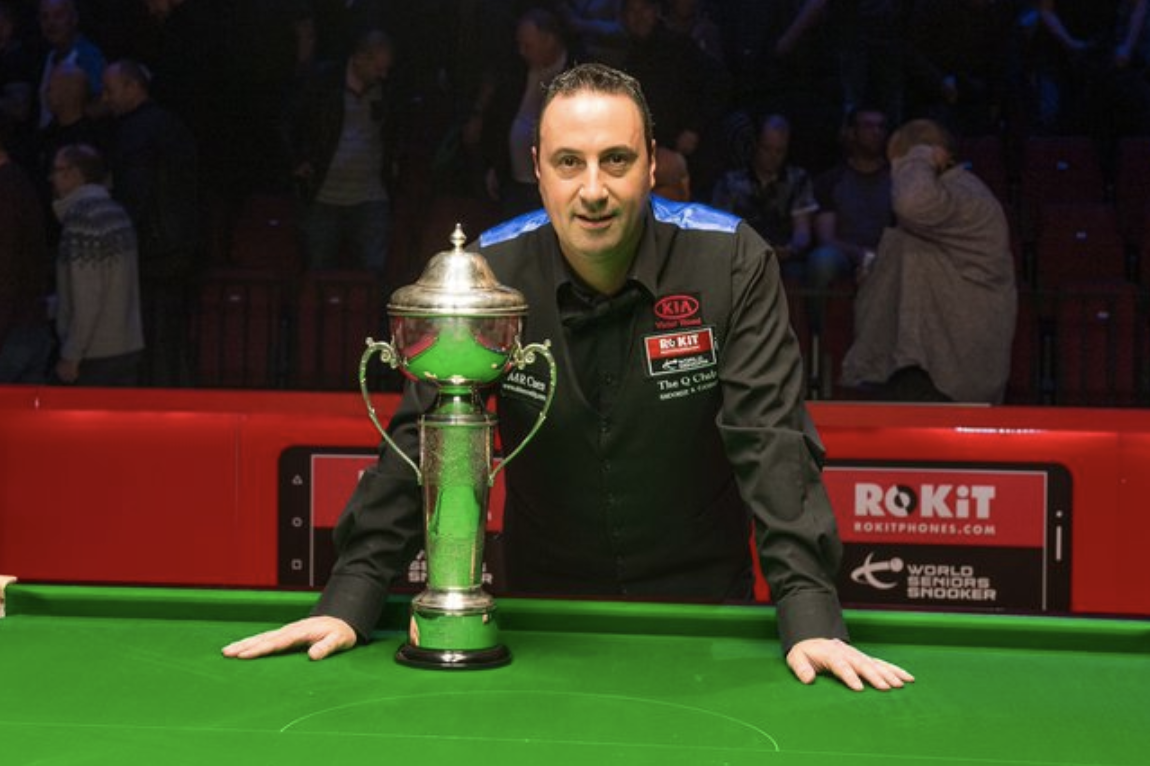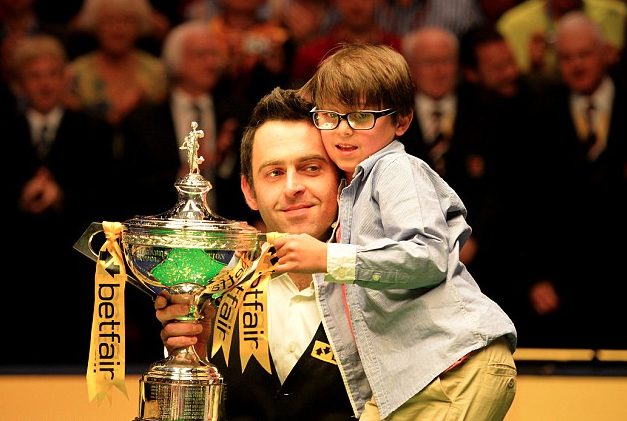After many gruelling days at Q School, we finally have 14 players who proved themselves worthy to compete on the professional tour.
The likes of Ross Muir, David Lilley, Ben Mertens, Brian Ochoiski, Paul Davison, Si Jiahui, Michael White, Michael Georgiou, Sam Baird, Robbie McGuigan, Bai Langning and Tony Knowles failed to get back on tour via Q School. That’s how tough it was. Some of the players argue that this year’s Q School had the toughest field ever. The final 14 deserve to become professional snooker players and deserve our congratulations.
Who are they? I wrote a little blurb about each one below. I hope you enjoy it!
Event 1
Peter Lines
Peter Lines has been around for a long time, hasn’t he? He qualified as a professional snooker player 30 years after he became one for the very first time! This means that the Lines dynasty of snooker continues, as his son Oliver will be on the second year of his tour card next season. He is actually the oldest player ever to qualify via Q School at 51 years old.
Lines reached his first ranking semi-final in the 2018 Paul Hunter Classic, but he had failed to reach even the quarter-final stages since that appearance. Lines managed to immediately return to the tour by beating Connor Benzey, Riley Parsons, Michael White, Lee Shanker and finally Ian Burns. Lines went on to thank amateur and practice partner Patrick Whelan for turning his negative attitude around.
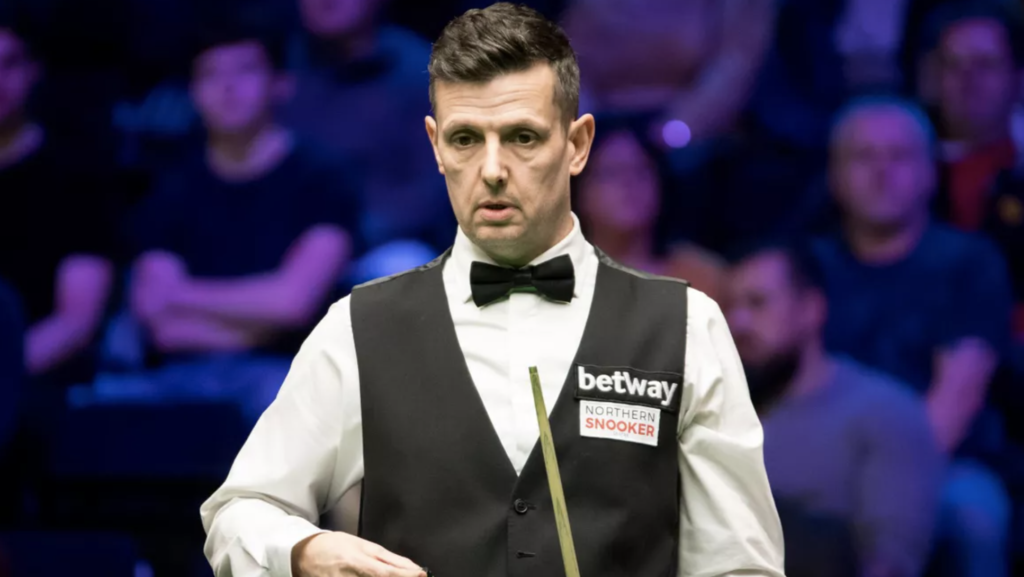
Fraser Patrick
Fraser Patrick has joined Craig Steadman and Paul Davison in becoming the third player to qualify via Q School on three separate occasions. Patrick previously qualified back in 2013 and 2019. But Patrick confessed that this year’s Q School line-up is the toughest it has ever been.
Patrick struggled on tour since he qualified two years ago. Patrick said that he hadn’t practiced for snooker for 16 months because of the pandemic forcing clubs to close. Patrick says he aims to get to the form he showed a few years ago where he reached the Last 32 and Last 16 regularly. He only reached the Last 32 just once within the last two years and therefore needs to improve. Patrick beat three amateurs and two professionals to gain his tour card, beating Lei Peifan (4-3) and Bai Langning (4-1).
Jackson Page
It was incredibly refreshing to see some British prospects on the snooker scene. Jackson Page set the world alright by winning two professional matches as a 15 year-old in the 2017 Welsh Open. Page won numerous international amateur tournaments but qualified for the first time in by claiming the 2019 European Under-21 Championship.
The Welshman took a number of decent scalps throughout his first two-year stint but isolated wins are not enough. He lost more matches than won in each of his two seasons but was thus relegated from tour this year. But Page qualified via Q School in an incredibly tough section. After he struggled during his 4-2 victory against Daan Leyssen, he defeated Michael Judge, Soheil Vahedi, Sean Harvey and finally Michael Georgiou in the final round.
Page admitted to he became complacent in his second year and said that he plans to turn that attitude around. Don’t forget, Page is only 19 years-old and has plenty of time on his side. He can look at how Chinese superstar Zhao Xintong bounced back from relegation from tour to comfortably being in the Top 64. Expectations will still be very high for the Welshman.
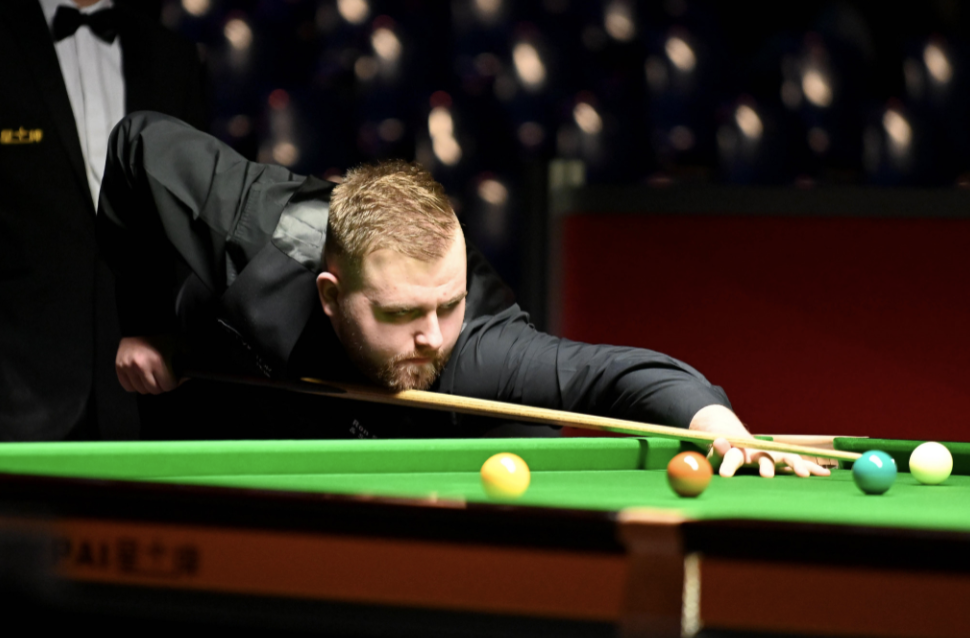
Yuan Sijun
Yuan Sijun was the biggest name to miss out on a Top 64 place. We expected Yuan to stay on tour for a while after he reached two ranking quarter-finals and the 2019 Gibraltar Open semi-finals. Unfortunately, the furthest Yuan went last season was the third round of the 2020 Northern Ireland Open and he plummeted down the rankings. He was No. 45 in the world at the start of that season!!!
Thankfully for him, he took the chance to return to the tour immediately. he made light work of Event 1, dropping just three frames in five matches. His final round opponent proved to be the toughest, but Yuan emerged victorious, defeating former professional Mitchell Mann 4-2.
We all know how talented Yuan is. Don’t forget, he whitewashed then-Top 16 player Martin Gould 5-0 at 15 years-old. The lack of access to home comforts aren’t likely to help Yuan’s performances. Hopefully, this success will rejuvenated Yuan. No-one will want to face the 21 year-old in the first round next season.
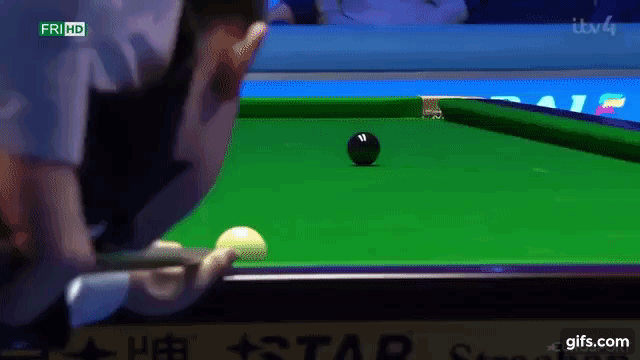
Event 2
Barry Pinches
Barry Pinches just will not stop trying, will he? The Canarian had two long stints as a professional between 1989-1997 and 1998-2016. He made one professional maximum, reached No. 18 in the world and reached two ranking quarter-finals. Yet the 50-year-old is back yet again after falling off the tour after the end of the concluding season.
Barry beat a number of young and impressive individuals in the process. He defeated Dylan Mitchell, Ryan Davies, Michael White, Daniel Womersley to reach the final. Sanderson Lam pushed Pinches to a decider, but Pinches managed to sneak a win in a tense final frame. Pinches recently posted his views about the state of young talent in snooker and what needs to be done about it after groans on social media.
Craig Steadman
Craig Steadman has qualified via Q School for the record-breaking fourth time. Steadman succeeded in Q School before in 2014, 2016 and 2018. He has never held down a place on the professional tour but he did has a number of highlights. Steadman qualified for the Crucible at the 2015 World Snooker Championship, losing to Ronnie O’Sullivan 10-3 in the opening round. He reached the fourth round of the 2017 Welsh Open, beating Jak Jones and Anthony Hamilton along the way. Most recently, he reached the semi-finals of the 2021 Snooker Shoot-Out as an amateur.
Steadman endured a terrible start in his 2021 Q School when he was whitewashed in Round 2 by Tony Knowles. But he won five matches in the next event, while beating former professionals Luo Honghao, Duane Jones and Hammad Miah.
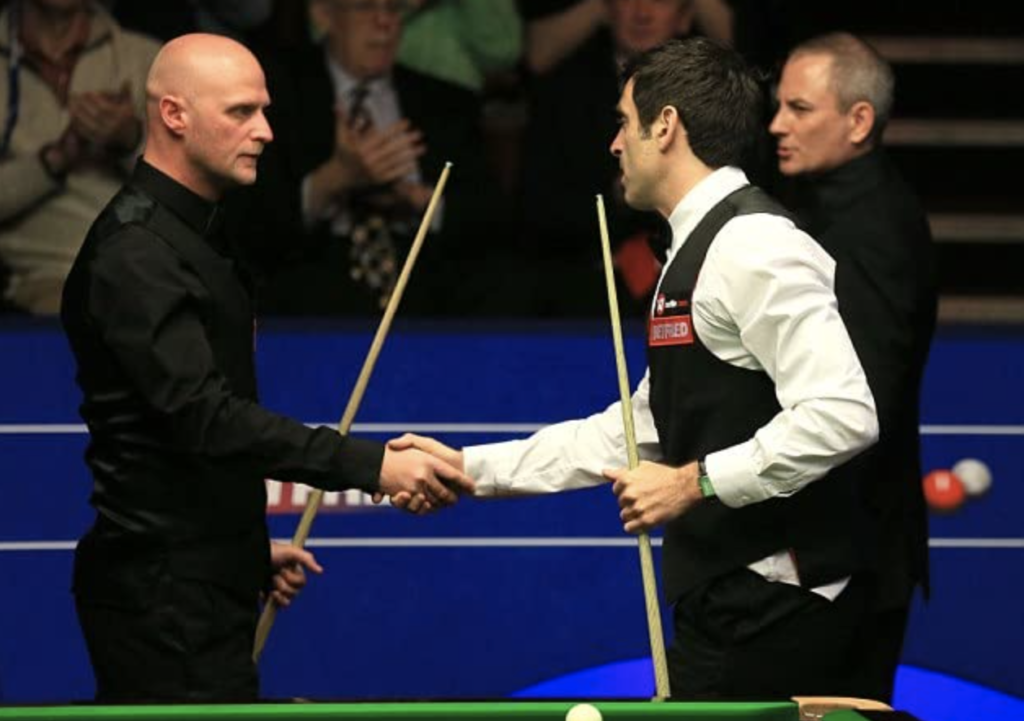
Michael Judge
Well, this is a turn-up for the books.
Michael Judge was a professional between 1992-2011 and had a relatively successful career. His best performance was reaching the semi-finals of the 2004 Grand Prix. His highest ranking was No. 24 in the rankings and reached the Crucible three times. After dropping off the tour in 2011, he got himself a job and played snooker for pleasure instead. His greatest achievement is winning the 2019 UK Seniors Championship (as shown on the featured image). Judge beat Willie Thorne, James Wattana and Stephen before defeating Jimmy White 4-2 in the final.
Lockdown encouraged him to give professional snooker another crack. Judge started practicing hard and things started to fall into place. The 46-year-old Irishman defeated a mix of young and experienced players on his way to winning a two-year card. In the first event, he lost to Jackson Page, who went one to qualify onto the professional tour. He beat Alex Clenshaw, Josh Mulholland, Soheil Vahedi, Robbie McGuigan and finally Kuldesh Johal to join the professional after 10 years in the wilderness.
Alfie Burden
A lot of people were surprised to hear when Alfie Burden announced his retirement after failing to return to the tour in last year’s Q School. Initially, Burden had no intention of returning to professional snooker. Burden spent 24 seasons as a professional and had many highlights during his career. He reached four ranking quarter-finals, qualified for the 1998 World Snooker Championship, reached No. 38 in the world rankings and scored a professional maximum in the 2016 English Open. After retiring, Burden supported his son Lene’s development at Arsenal Football Club and Bristol Rovers Football Club and helped set up a dairy company.
But Burden admitted that he missed the buzz and the competitive side. He credits Jason Francis, Chairman World Seniors Snooker, to get him back into snooker again. Burden played in one of the Seniors events, enjoyed it and that encouraged him to try Q School. After failing in the first event, he succeeded in the second event at Q School. He beat in-form Lei Peifan in Round 5 and prevented Michael Collumb from making his professional debut in the final round. Burden beat Collumb 4-1.
Maybe Burden might meet Ronnie O’Sullivan for the first time in his professional career after all!
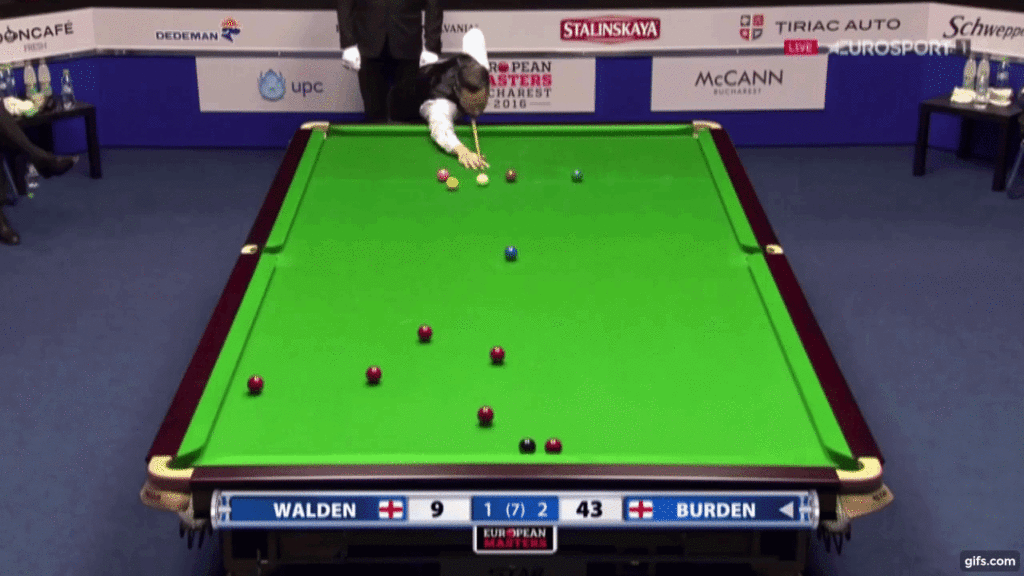
Event 3
Ian Burns
Ian Burns made his professional debut after qualifying via Q School in 2012 and has been on tour ever since. After qualifying again via the European Order of Merit in 2014, he entered the Top 64 for the first time two years later.
His best showings include two quarter-final appearances in the 2017 Paul Hunter Classic and 2018 Welsh Open. But a poor 2020/2021 led to his downfall after a consistently good one prior, finishing one place below the relegation zone.
Burns worked his way through a tricky minefield in the final event. After whitewashing Liam Davies and Yu Kiu Chang, Burns battled from 3-1 down to win 4-3 against Soheil Vahedi. Burns earned his tour card by defeating SImon Blackwell and English U21 Champion Mark Lloyd. His post-qualification interview is here.
Lei Peifan
Lei Peifan came through Q School on the overall Order of Merit to earn a two-year card in 2019 aged just 16 years old. He made two Last 32 appearances in his first stint in the 2020 Snooker Shoot Out and 2021 Gibraltar Open. Lei took a number of high-profile scalps such as Neil Robertson and Gary Wilson.
Lei lost in Round 5 in the first two events to Fraser Patrick and Alfie Burden, who went on to win their spots themselves. He was already assured of a place late into the final due to his high standing in the Q School Order of Merit. Lei won 60 frames and finished joint-top of that list. But he won the final qualifying round anyway, preventing Billy Castle from immediately returning to tour, winning 4-2. He’s also a snappy dresser too.
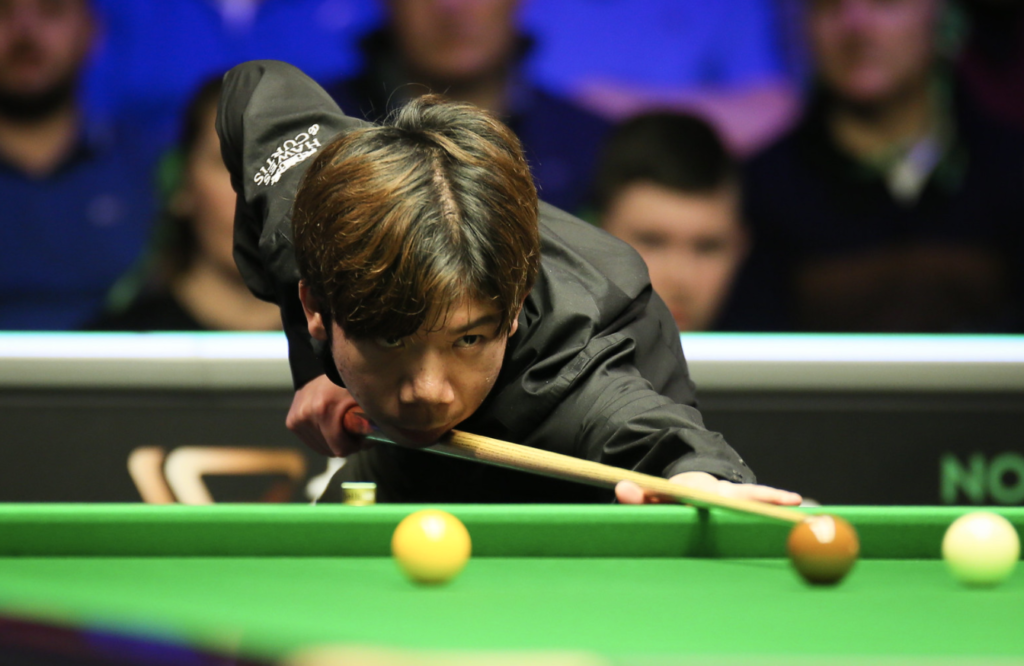
Dean Young
We have a debutant in our midst! FINALLY.
Aside from the concerns surrounding the amount of home-grown talent, alarm bells are especially ringing in Scotland. It’s strange to see so few young blood coming from a country that produced some of the best players to ever play the game. Look at Stephen Maguire, Alan McManus and especially John Higgins and Stephen Hendry. Indeed, Anthony McGill and Scott Donaldson are waving the flag for Scottish youngsters, but we’ve seen the likes of Michael Leslie, Rhys Clark and Chris Totten come and go.
But newcomer Dean Young looks very impressive indeed. The 19 year-old from Edinburgh won various events, including the 2018 Scottish Under-21 Championship. Young won Event 7 and finished 4th in the Challenge Tour standings during the 2019/2020 season. He reached the third round of the 2020 Snooker-Out too, beating David Grace and Liam Highfield.
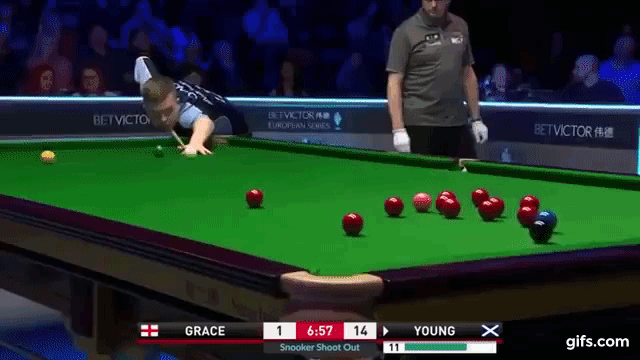
Young struggled in the first two events of this year’s Q School, but he left his best performances till last when it really mattered. After defeating Matthew Roberts 4-3 in his opening round, he whitewashed one of Continental Europe’s best prospects Florian Nüßle. He came through another decider against Welsh youngster Dylan Emery, followed by 4-1 victories over former professional Mitchell Mann and Plymouth amateur Haydon Pinhey. The interview is here.
Duane Jones
Duane Jones is most famous for his remarkable run to the German Masters semi-finals in 2019. He put aside top-quality players such as Jack Lisowski and Ding Junhui. Jones also pulled off the shot of tournament with a fabulous long-range black to keep himself in the match without needing a snooker. Aside from that, he reached the third round a few times and been a professional player since 2015. Jones is clearly very good, but like many other players he needs to be more consistent.
Jones was in a similar position to Lei, finishing joint-top in the Order of Merit and sealing his spot before his final round match in Event 3. After a hellish draw of sweeping past ranking event winners Michael Georgiou and Michael White, he overcame highly-rated Si Jiahui in the decider 4-3. Very ballsy indeed.
Event 3
Hammad Miah
This is the third time Hammad Miah qualified via the Q School, though it’s the first time via its Order of Merit.
Miah has spent six seasons as a professional already but hasn’t quite made his mark yet. He scored wins over the likes of Mark Davis, Judd Trump, Tom Ford and Ricky Walden. He hasn’t gone deep enough into tournaments yet, with the fourth round of the 2018 Paul Hunter Classic being the best result. But now he has the opportunity to improve on that.
Miah failed to win any of his sections in three events, but he has earned a two-year two card for being the best non-qualifier via the Order of Merit, winning 53 frames in total. All three of Miah’s losses came from deciders – two in Round 4 and one in the final qualifying match in Event 2, where he lost to Craig Steadman. Miah was sweating after losing to Michael White in the final event and needed other results to work in his favour. Thankfully for him, Lei Peifan and Duane Jones didn’t need to qualify via the Order of Merit because they final qualifying match. This led to Miah (very gratefully) taking the top spot.
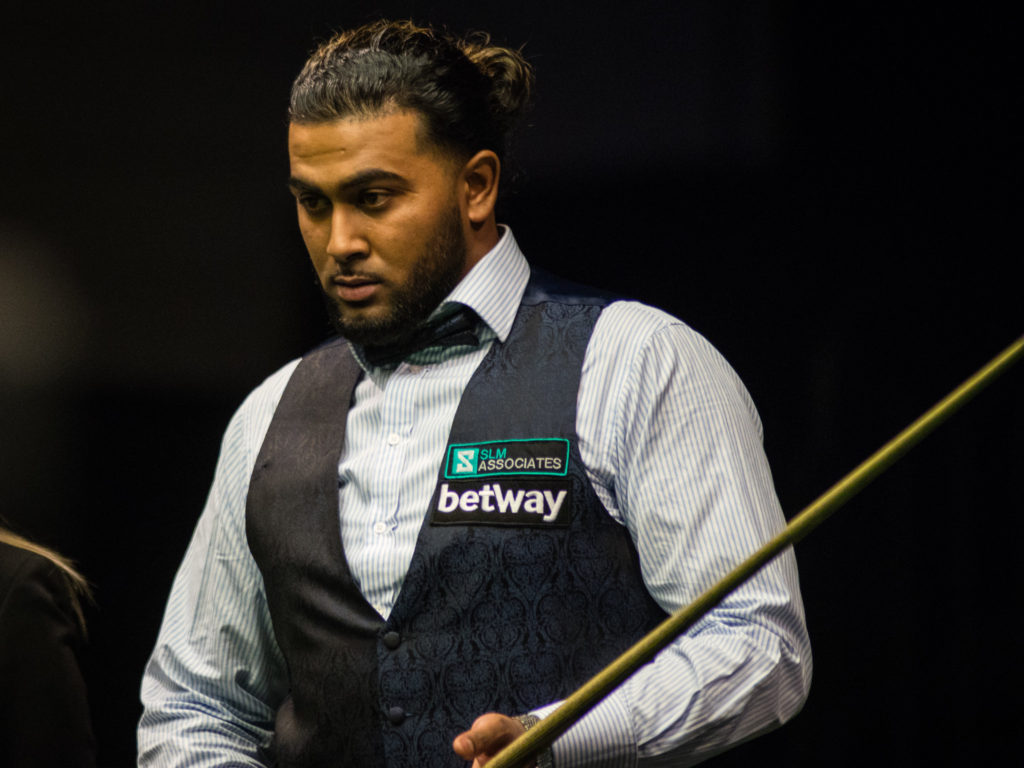
Mitchell Mann
It feels like such a long time ago when Mitchell Mann qualified for the Crucible. Mann lost to Mark Allen 10-3 in the 2016 World Championship after beating Kishan Hirani, Matt Selt and Dechawat Poomjaeng (which I haven’t quite forgiven him for!) in the qualifiers. Mann’s greatest achievement is reaching the semi-finals of the 2017 Paul Hunter Classic. But Mann dropped off the tour soon after and qualified via the Challenge Tour a year later. His spell after that wasn’t fruitful, as he only got past the second round of a ranking event just once in two years.
Mann may have finished 5th in this year’s Q School Order of Merit, but he finished second out of the non-qualifiers. As explained earlier, Lei Peifan, Duane Jones and Ian Burns won their sections outright. Mann’s best result was in Event 1, where he lost in the final qualifying round to Yuan Sijun.

